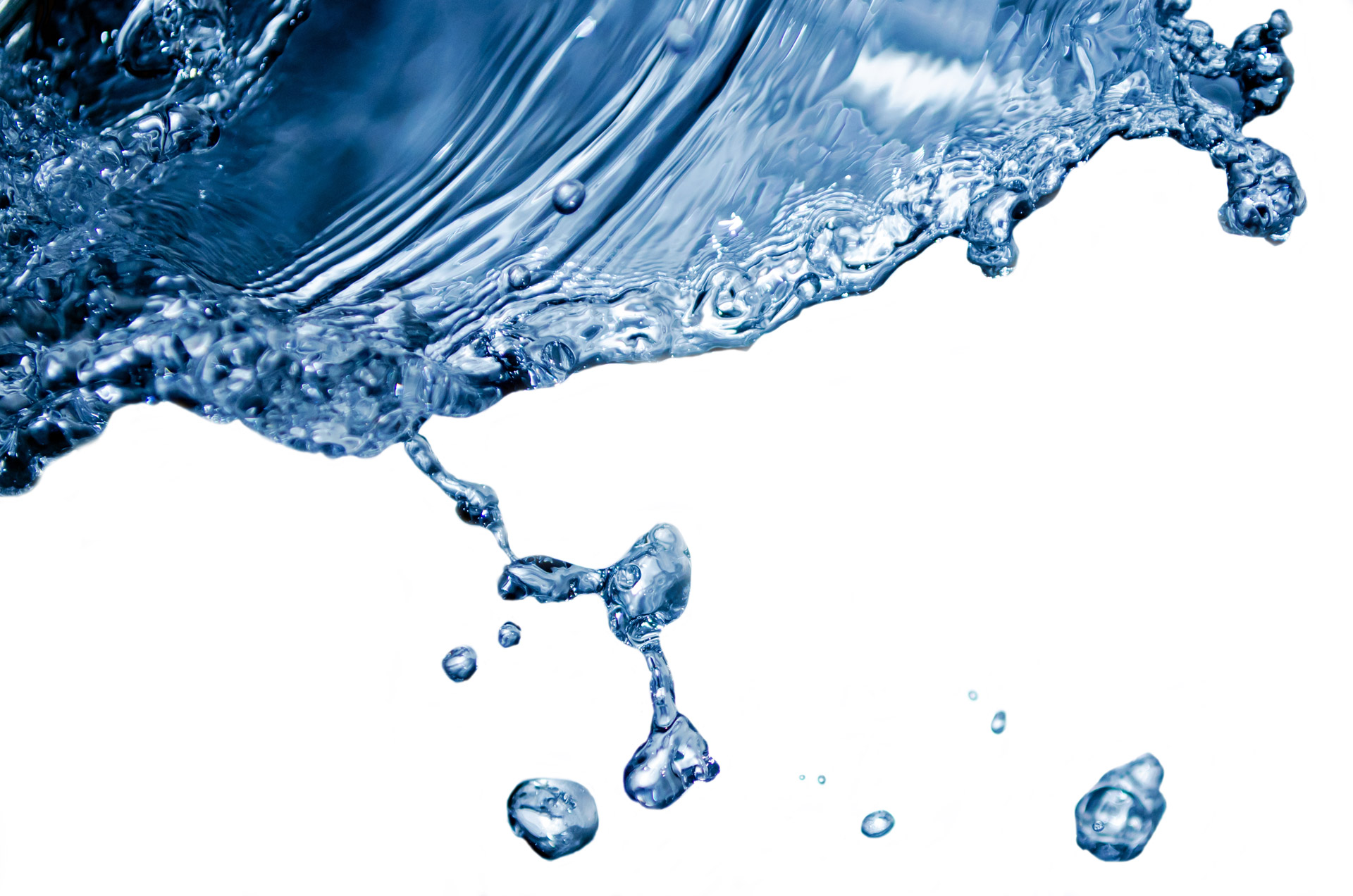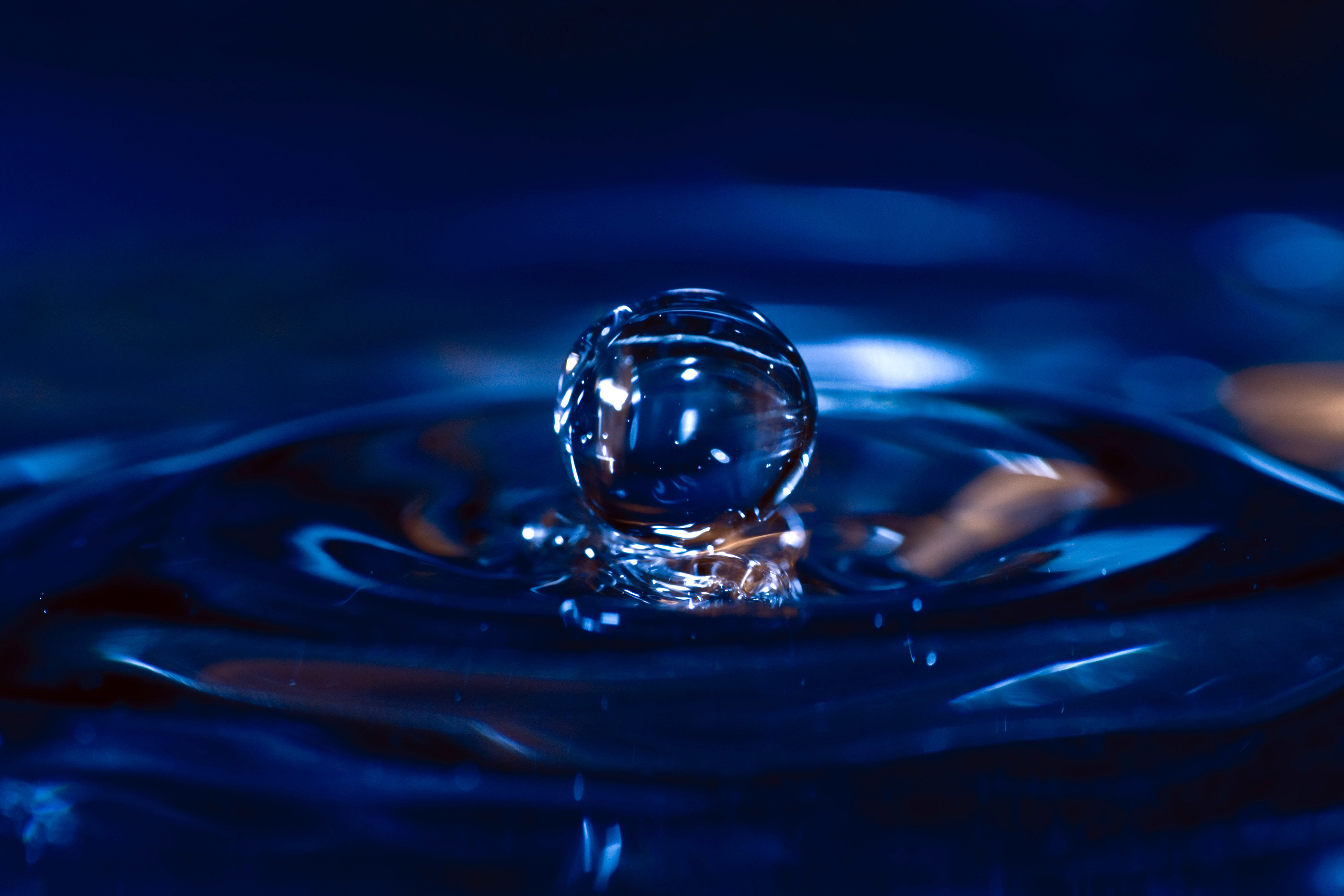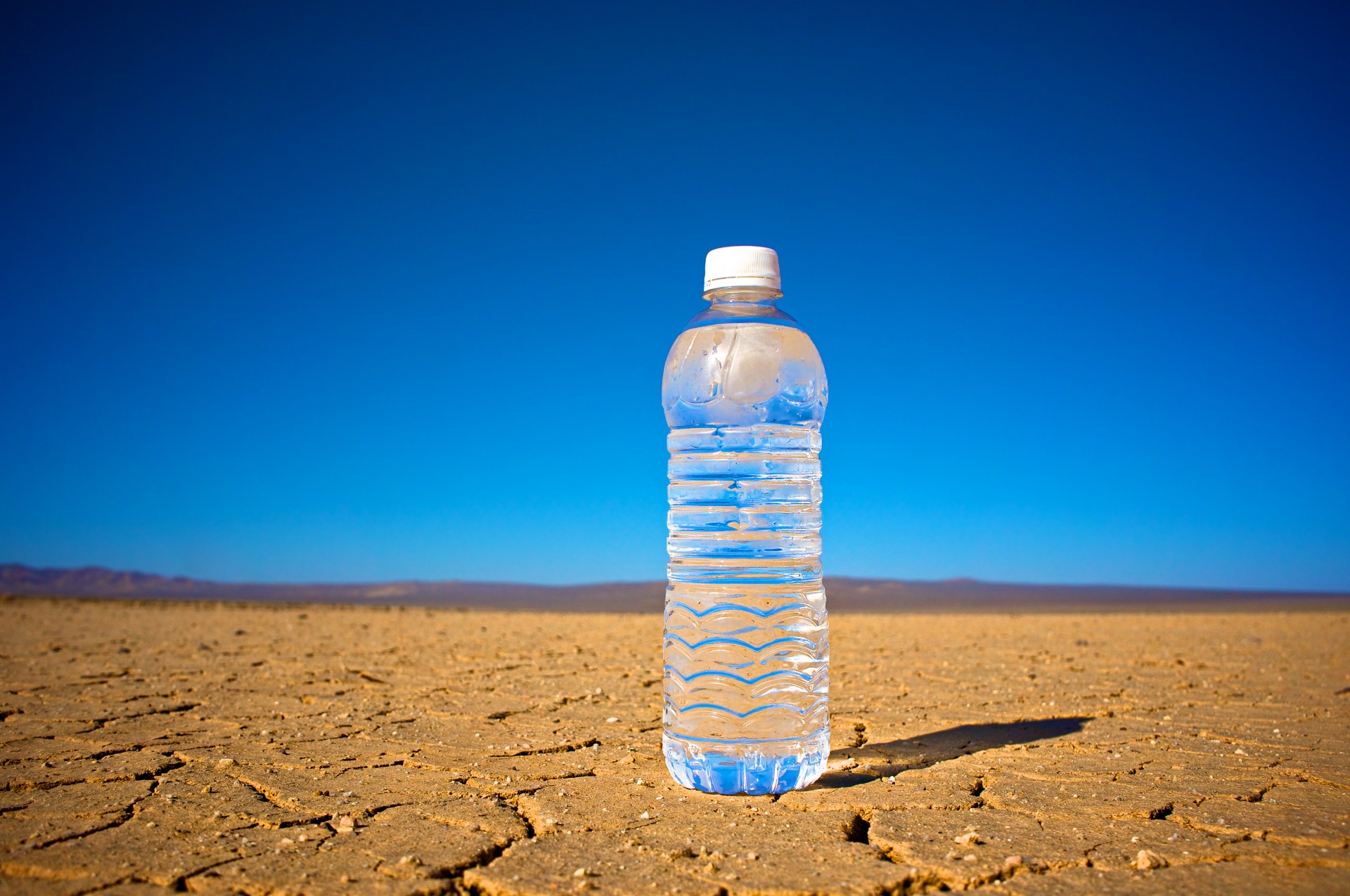Low battery
Battery level is below 20%. Connect charger soon.
Yet, its ability to sustain life and shape ecosystems is unparalleled, making it a … Yes, water is considered an abiotic factor. Abiotic factors are non-living physical and chemical elements in the ecosystem. · expert insight: This article explores waters role in living organisms, its chemical properties, and its classification in … Living organisms exhibit complex organization, starting from cells as their basic unit. · biotic entities are living organisms or have once been living, while abiotic entities are non-living and have never been alive. · its role as a critical abiotic factor cannot be overstated, as it influences every aspect of life, from the tiniest microorganisms to the largest mammals. Water, light, wind, soil, humidity, minerals, gases, and temperature … Water is universally classified as an abiotic factor due to its non-living nature. · discover the fascinating debate on whether water is biotic or abiotic. · generally, abiotic factors are non-living elements of an ecosystem that affect the survival and growth of living organisms, such as temperature, sunlight, and soil ph. Here’s an in-depth exploration of … · water is a vital component of all living organisms, but is it considered to be abiotic? · while water is undeniably an abiotic factor, its pervasive influence on life systems establishes its status far beyond that of a mere non-living component. The concept of water as a biotic or abiotic substance is … The abiotic components of an ecosystem are the non-living chemical and physical factors that … Its unique properties … While it is undeniably essential for all life, water itself is not alive. · to directly answer the central question: · water is considered abiotic because it does not possess the defining characteristics of life. Yes, water is unequivocally a quintessential abiotic factor.




